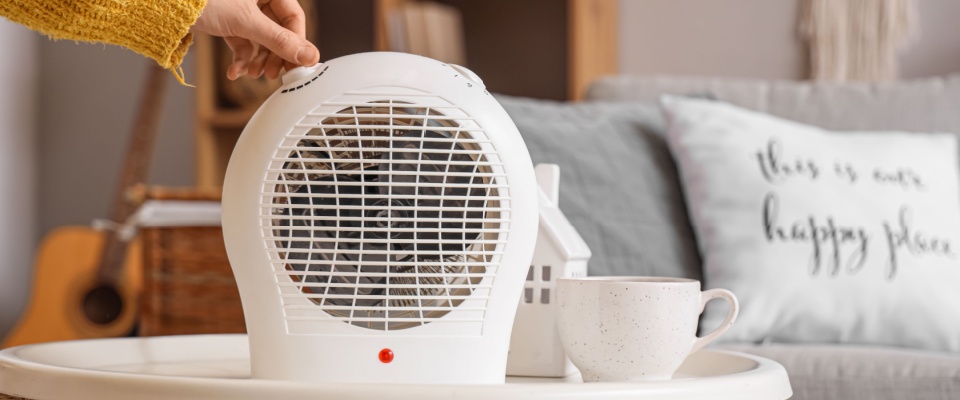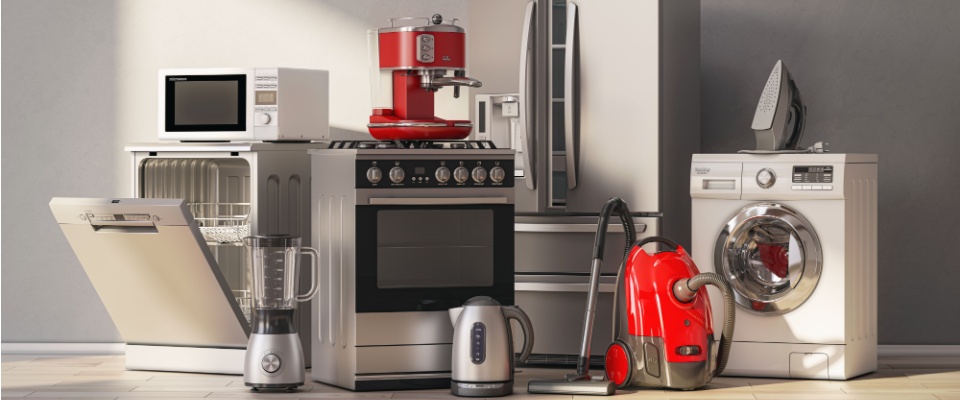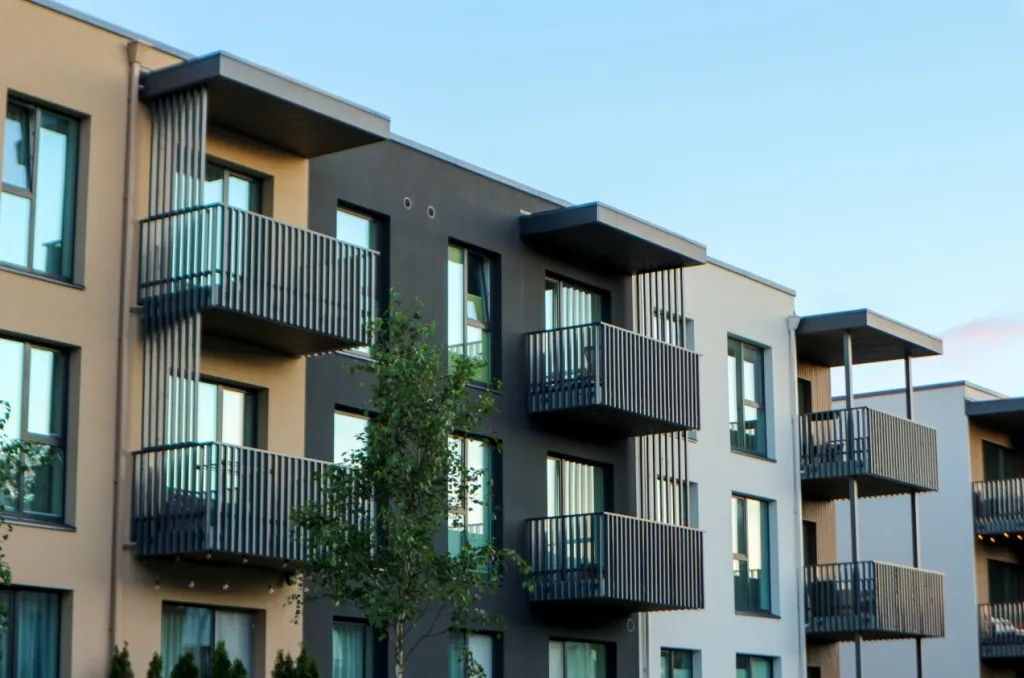Picture this: your air purifier stops working or your coffee maker sparks out of nowhere. Your first thought might be, “Does renters insurance cover this?” The answer isn’t always straightforward.
While renters insurance protects you from certain covered events, like fire or theft, it typically doesn’t cover every type of repair for the appliances you bring into your apartment, such as issues caused by wear and tear or mechanical failure.
To navigate these situations, it's essential to understand exactly when your renters insurance will step in, when you're likely to be responsible for repairs or replacements on your own, and when your landlord or property manager should handle the issue. We’ll take you through everything you need to know.
Key takeaways:
- Renters insurance coverage applies when damage is caused by a covered event like fire, theft, or water damage.
- Normal wear and tear, aging, or mechanical breakdowns that happen over time aren’t covered by renters insurance.
- Coverage is meant only for appliances you personally own, not for those provided by your landlord.
When does renters insurance cover appliance repairs?
Renters insurance can cover appliances under specific conditions, mainly when the damage is caused by a covered peril. These perils are sudden and accidental events listed in your policy, like:
- Fire or smoke damage
- Water damage from a burst pipe
- Theft or vandalism
- Windstorms or lightning strikes
Let’s say your air fryer gets ruined after a kitchen fire. Renters insurance would typically pay to replace it, minus your deductible. Similarly, if your personal appliance (not one provided by your landlord) gets stolen or damaged by a covered event, you’d likely be reimbursed for its value.
With ResidentShield Insurance, you can file a claim without worrying about your premium increasing afterward. Your rate stays the same, even when you need to use your coverage.
It’s important to know that you must own the appliance for it to be eligible under your policy. Any appliance that belongs to your landlord (for example, the oven, built-in dishwasher, or refrigerator) falls under their responsibility and their insurance.

When aren't appliance repairs covered?
On the other hand, it's equally important to know which situations fall outside your renters insurance coverage:
- Normal wear and tear – Appliances that stop working due to age or regular use.
- Mechanical or electrical failure – When an appliance fails internally for no external reason.
- Landlord-owned appliances – Your landlord is responsible for these, not your insurance.
In short, if an appliance stops working for reasons other than a covered event, renters insurance won’t help pay for repairs or replacement.
If you’re ever unsure, a good rule of thumb is that renters insurance covers sudden, unexpected losses, not maintenance or gradual appliance breakdowns.
Quick tips for renters
Here is a sum-up of what you can do to help you handle appliance breakdowns and know when renters insurance may apply:
- Know who owns what. Before moving in, list all of the electronics and appliances that you own to clarify to your insurance company which are yours. This prevents confusion when something breaks down.
- Report issues early. If a landlord-provided appliance shows signs of not working properly, report it right away. Early notice can prevent bigger problems and ensure you’re not held responsible.
- Don’t try to fix the landlord’s appliances yourself. Attempting DIY repairs on your landlord’s property can cause more harm than good and may make you liable for damages. Always report the issue instead.
- Keep proof of ownership. Keep a personal belongings inventory and update it regularly. Take photos of your personal appliances and save receipts when possible. If you ever need to file a claim, this documentation speeds up the process.
- Back up digital warranties and manuals. Store electronic copies of appliance manuals and warranty info in the cloud. This helps you access details quickly if something breaks down or you need repair support.
- Review your policy annually. Renters insurance coverage can change. Take a few minutes each year to review your policy, check your deductible, and confirm what perils are covered.
- Consider optional protection. Ask your insurance provider about equipment breakdown coverage or a home warranty. It may be worth the small extra cost for added security.

So, does renters insurance cover appliance repairs? It likely won’t pay for breakdowns caused by age, wear, or mechanical failure. However, it can protect your personal belongings from sudden, unexpected damage caused by events such as fire, theft, or water damage.
Understanding this distinction and taking steps to protect what’s yours can save you from costly surprises. And while renters insurance isn’t designed to fix every broken appliance, it’s still one of the most affordable and valuable safety nets a renter can have.




